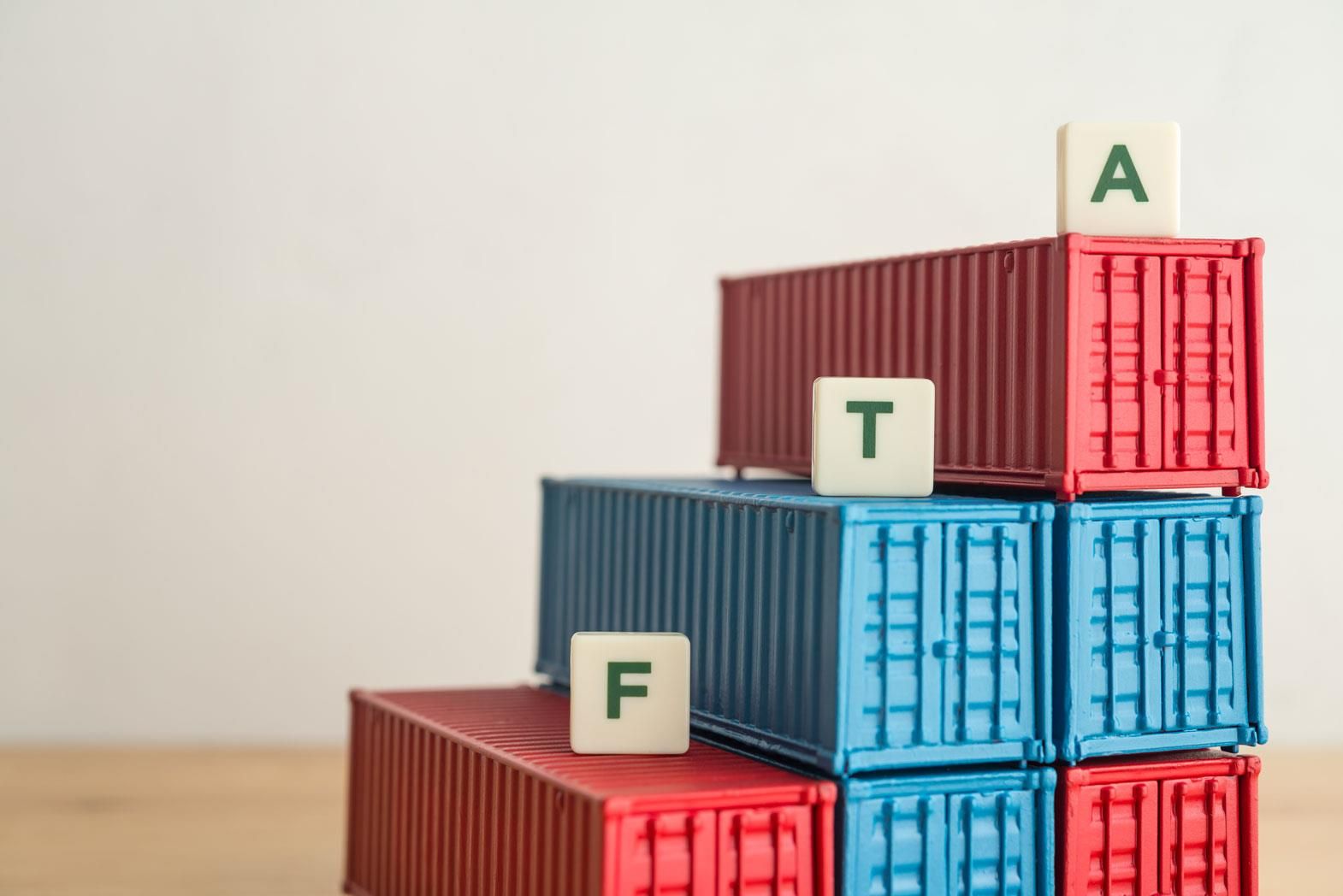Economic integration refers to trade unification between countries or regions by partially or fully abolishing customs tariffs on trade taking place within the borders of each country. With no customs duties being paid within the integrated area, it is meant to lead to lower prices for producers and consumers with the goal of increasing overall trade. One important reason for the growing popularity of preferential trade agreements (PTAs) is the apparently difficult process and dreary prospects for progress on the multilateral agenda. The global trade talks were suspended in Geneva on 24 July 2006 after major players in the WTO failed again to reach a consensus on agricultural subsidies and non-agricultural market access. The General Council of the WTO, at its meeting on 27-28 July 2006, supported a recommendation by the Director-General to suspend the negotiations on the Doha Development Agenda. This collapse of WTO talks promoted more bilateral trading agreements worldwide, particularly in Asia, to enhance intra-regional trade through preferential and free trading arrangements (Bhattacharya & Bhattacharya, 2006).
India and Sri Lanka share common values and traditions as well as a common commitment to democratic governance. In modern times, having emerged from the colonial yoke, India in August 1947 and Sri Lanka just five months later in February 1948, our countries have taken a similar course in international relations. The two independent nations of India and Sri Lanka have proceeded to renew and revive age-old cultural, commercial, and strategic relations for the mutual benefit of their peoples.








Comments